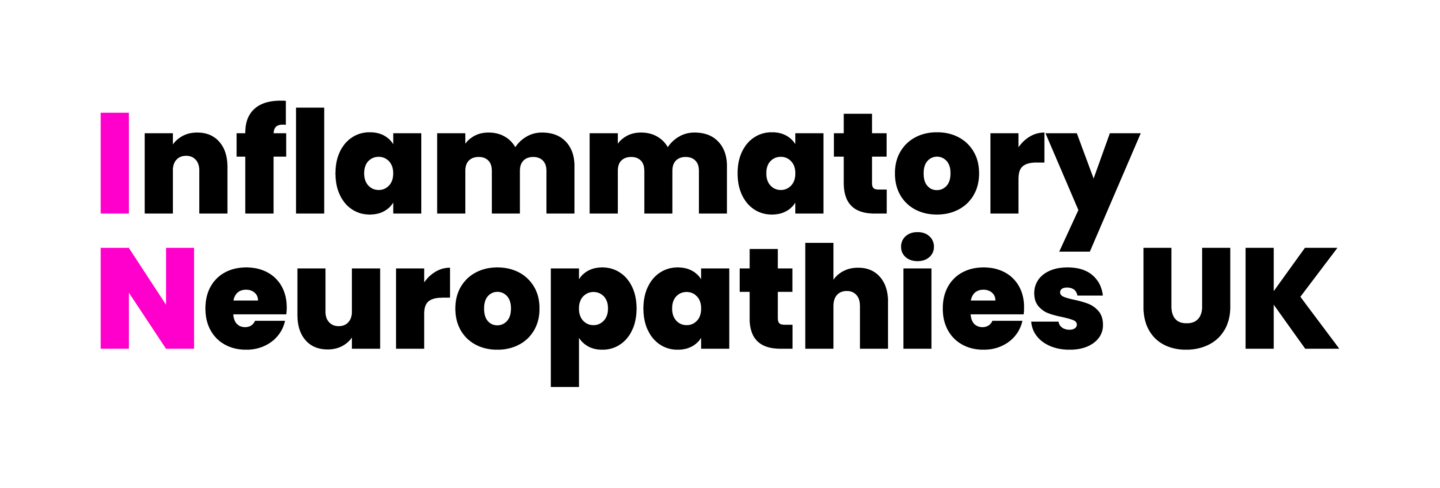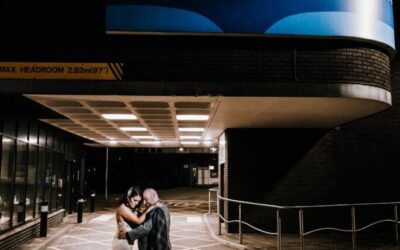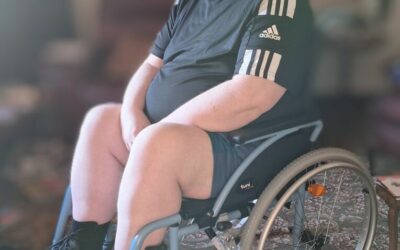40 Years Living with Guillain-Barré Syndrome (GBS): A Self Case Study
Introduction
As I approach my 70th year and reflect on the 40 years since my diagnosis with Guillain-Barré Syndrome (GBS), I aim to share my experiences to inform and possibly help others affected by this condition. This account is not a prescriptive guide but a personal narrative that may offer useful guidance and inspiration for those facing similar challenges.
Background
I was a healthy, sports-loving 29-year-old with a black belt in judo, actively engaging in squash, football, swimming, hiking, and traveling. Married and working on power station construction sites across the UK and overseas, I had recently returned from the Middle East after a gruelling work schedule. A couple of weeks before returning to the UK, I contracted a stomach virus but continued working without rest.
A week or so after my return, I went judo training and then travelled with my wife to her parents’ home in Greater Manchester for the weekend.
A Forgettable Day
On Sunday morning, I woke up feeling strange, with a severe headache and blurred double vision. I tried to sleep it off, hoping it would resolve by morning, but it didn’t. By midmorning, I also experienced balance and coordination issues. Unconsciously closing one eye to see normally, I decided to seek medical help.
At a local A&E department, the doctor tested my central nervous system, noting a loss of reflexes and balance issues, and explained that my double vision was due to my eyes not moving. Despite being fit, I was advised to rest and was given a prescription for multi-vitamins. Later that day, I started experiencing tingling in my hands.
That evening, a consultant neurologist visited me at my in-laws’ home. He examined me and decided I did not need hospitalisation, suggesting I see a local doctor with a letter from A&E. The following Monday, still with the same symptoms and feeling weaker, I visited A&E again. After further examination, a doctor confirmed I had Guillain-Barré Syndrome.
Starting a Lifelong Challenge
Upon returning home, I visited my local doctor, who confirmed my diagnosis and signed me off work for a month, advising rest. I sought a second opinion from a consultant neurologist at a private hospital, who confirmed I had a rare variant of GBS and mentioned that early neurological tests would have been beneficial. My treatment remained the same, rest and recovery.
Over the next few months, I adapted to living with GBS, using a walking stick and managing headaches, muscle aches, and weakness. Gradually, my eye movements improved, and my double vision resolved after about five months.
Getting Back to Normal Life
As I regained strength and my balance and coordination improved, I returned to work and social activities. However, I faced limitations in physical activities. Although I resumed judo, I eventually had to stop due to weakness and balance issues. I continued participating in other sports like golf, gym workouts, and swimming, but over time, GBS gradually limited my physical capabilities.
Life Ongoing with GBS
Over the years, my condition generally remained stable, with occasional bouts of light-headedness, muscle aches, and fatigue. These episodes were infrequent but required periods of rest and recovery. Despite these challenges, I maintained a normal life, keeping my condition private from many colleagues and friends.
In my mid-thirties, I became a father and started my own business, managing occasional low periods but generally enjoying good health. Specific bouts included brief episodes of double vision, typically triggered by fatigue or stress. I learned to manage these occurrences by resting more and moderating my physical activities.
Medical Check-Ups
I have had regular eye tests, always with good results, though few opticians were familiar with GBS. Most doctors advised rest during low periods. In my 50s and 60s, I underwent hip replacement surgeries, with no adverse effects on my GBS.
Observations
I did not have regular medical examinations for GBS after the initial diagnosis, attributing bouts of unwellness to GBS without professional confirmation. I found that GBS did not completely disappear but became manageable, allowing me to live a full life with occasional adjustments.
Over time, I accepted that certain activities were no longer possible, but I continued to engage in as many activities as my condition allowed. My pain threshold decreased post-GBS, and I experienced cycles of feeling normal and fatigued. I learned to rest more after infections or strenuous activities, avoiding early exertion to prevent prolonged recovery periods.
Occasional random light-headedness and muscle aches became part of my routine, which I managed without significant disruption. Sleeping on my back became necessary to avoid dizziness.
Summary
GBS, with its symptoms of double vision, balance issues, and weakness, is a daunting diagnosis. Improved patient guidance and realistic recovery expectations are crucial for those newly diagnosed. Today, treatments like blood transfusions are available to help combat early GBS effects, a significant advancement from 40 years ago.
Despite some GBS patients facing severe symptoms requiring hospitalisation, a high percentage achieve full recovery. My experience suggests that life with GBS can be managed effectively, allowing for a fulfilling life. In retrospect, I believe my GBS variant is Miller-Fisher Syndrome, based on my symptoms. While GBS remains not fully understood, advances in treatment and awareness offer hope for those diagnosed today.
This is an anonymous story, but is a real life experience




